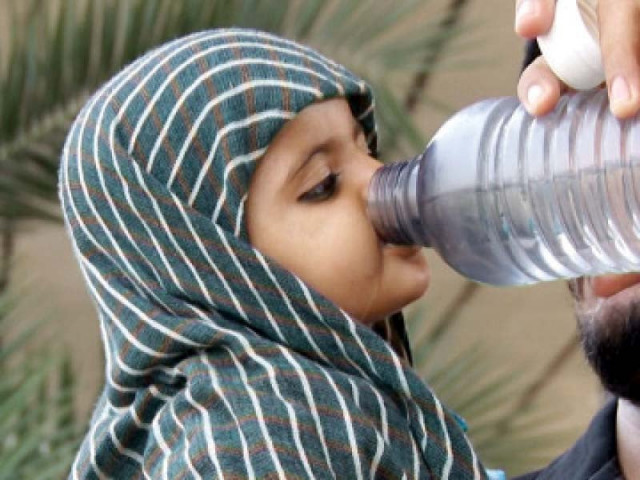NIH issues heat-related advisory for schools
Recommends educational institutions to take steps for mitigating effects of extreme heat on students

In the wake of the recent wave of high environmental temperature in different parts of the country, the National Institute of Health (NIH) has issued an advisory for necessary measures for educational institutes.
According to the NIH, the objective of this advisory is to sensitise relevant educational institutes to take appropriate actions in time for preparedness, response, and prevention to the events or incidents of heatstroke in their respective areas.
The advisory provides recommendations for educational institutions or schools on actions to mitigate the effect of extreme heat on students, to reduce the frequency of heat-related illness, and to support schools to prepare for and manage risks associated with extreme hot weather or heatwave.
The advisory said that children and young people were more susceptible to heat stress and therefore schools must have measures in place to manage the risks associated with extremely hot weather.
Moreover, the advisory emphasised various actions that schools could take to help protect students from heat-related illness, including the use of artificial shading – canopies, tents, sails, umbrellas – to shade outdoor play spaces.
Schools have been asked to prevent students from heat exposure by keeping them in a cool indoor environment, which is the most effective way of preventing heat-associated illness, utilising the indoor space for activities during extreme heat is an ideal way to protect students.
The advisory asked for avoiding materials and surfaces that radiate high amounts of thermal heat and using natural surfaces as much as possible, where allowed, adding that if a surface had to be used for the safety of children, it should be ensured that it was shaded.
The NIH asked for increasing the number of water coolers as increased access to drinking water could help encourage student behaviours to stay hydrated besides ensuring electric fans were in working condition.
The advisory suggested the practice of acclimatisation as during the acclimatisation period, changes occurred as the body adapted to the stress of repeated exposure to heat. There was a strong evidence base that acclimatisation could reduce heat-injuries.
APP



















COMMENTS
Comments are moderated and generally will be posted if they are on-topic and not abusive.
For more information, please see our Comments FAQ